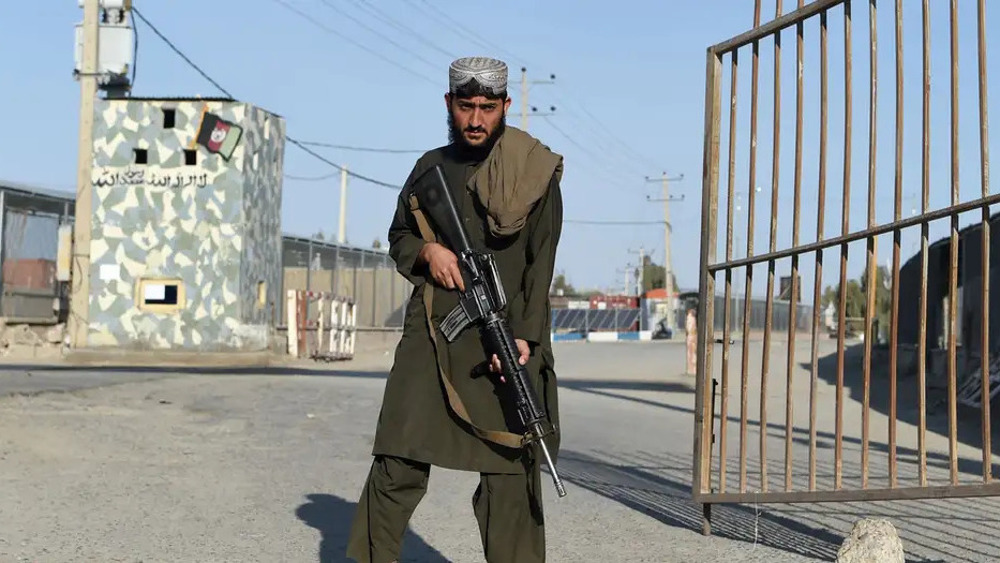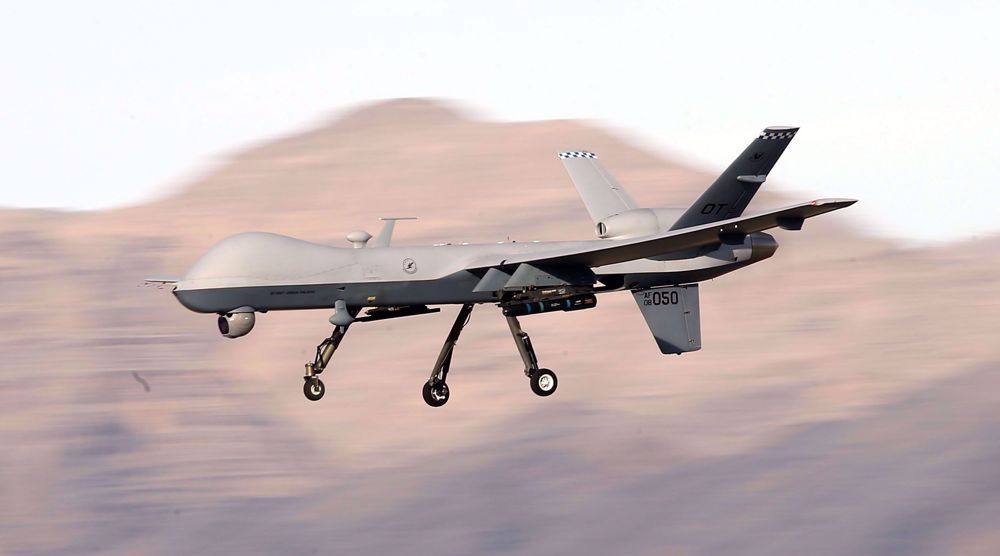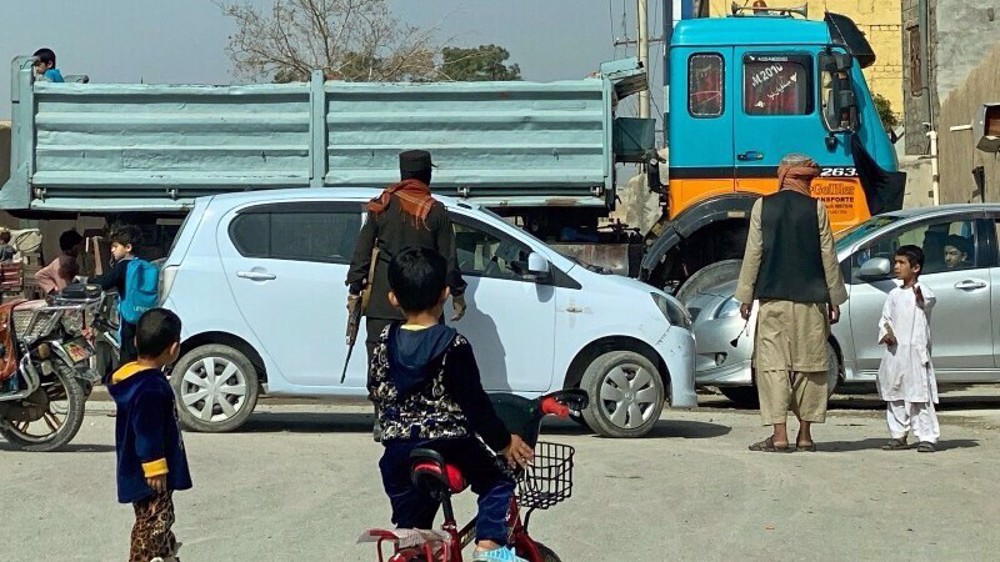Six Afghan female students denied US visa to attend robot competition
Six female students from war-torn Afghanistan have been denied visa to attend an international robot-building competition set for this month in the United States.
The visa applications of the Afghan girls, who live in the western city of Herat, were rejected not once, but twice. They made the 800-kilometer journey to the US Embassy in the Afghan capital Kabul twice to apply for their one-week visas.
According to the FIRST Global contest organizers, the six team members will watch the ball-sorting machine compete in Washington DC via video link during the July 16-18 event from their hometown.
First Global’s president, Joe Sestak, said in a post on the organization’s Facebook page that he was “saddened” by the US decision.
Mohammad Reza Rezayee, director of the Afghanistan Robotic House Institute in Herat, expressed astonishment that Afghanistan's robot, unlike its creators, has been allowed entry to the United States.
“How can someone accept that a robot makes it through customs and those difficult processes, but the inventors of the robot who have made and own it can’t make it?” said Rezayee, adding, “It is really a question to be answered.”
The Afghan girls say they have been given no answers as to why they were denied US visa.
Fatemah Qaderyan, 14, a member of the team, expressed her dismay over the US decision.
“We still don't know the reason why we were not granted visas, because other countries participating in the competition have been given visas,” Qaderyan said, noting, “No one knows about the future but ... we did our best and we hope that our robot could get a position along other robots from other countries.”

Qaderyan’s teammate, 17-year-old Lida Azizi, was less forgiving of the US visa decision. “All of the countries can participate in the competitions, but we can’t. So it’s a clear insult for the people of Afghanistan.”
“When we heard that we were rejected we lost hope," said 14-year-old Sumaya Farooqi, stressing, "We applied again for the US visa and we were rejected again."
It took Farooqi and her teammates six months to prepare as they constructed a robot that sorts balls, has the ability to recognize orange and blue colors, and can move objects to put them in their correct places.
The US State Department declined to comment on why the Afghan team’s visa applications were rejected, saying “all visa applications are adjudicated on a case-by-case basis in accordance with US law.”
It also cited a provision in the Immigration and Nationality Act that “prohibits us from discussing individual visa cases.”
Most of the female team members were either infants or not yet born at the time of the US-backed military intervention in Afghanistan in 2001 that toppled the Taliban.
The US-led war has dragged Afghanistan into endless poverty, instability and militancy.
The developments come although Afghanistan is not part of US President Donald Trump’s order to temporarily ban travel from six Muslim-majority countries.

Trump says the travel ban is needed to prevent terrorism in the United States.
The controversial ban has prompted protests and debates across the US. Legal experts say the ban discriminates against Muslims and is rooted in religious hostility.
During last year’s presidential campaign, Trump called for a "total and complete shutdown of Muslims entering the United States."
UN warns hundreds of thousands of Sudanese under ‘immediate danger’
Iraqi resistance strikes ‘vital’ target in Eilat after Israel attacks PMU base
North Korea conducts cruise missile warhead test: State media
Israeli airstrike kills at least 7 people in Rafah
VIDEO | Iranians hold nationwide demos in support of IRGC
Syria condemns US veto of Palestine UN membership resolution
Iraqi resistance forces hit Israeli Ovda air base
Hackers break into Israeli military’s computers, access trove of documents










 This makes it easy to access the Press TV website
This makes it easy to access the Press TV website